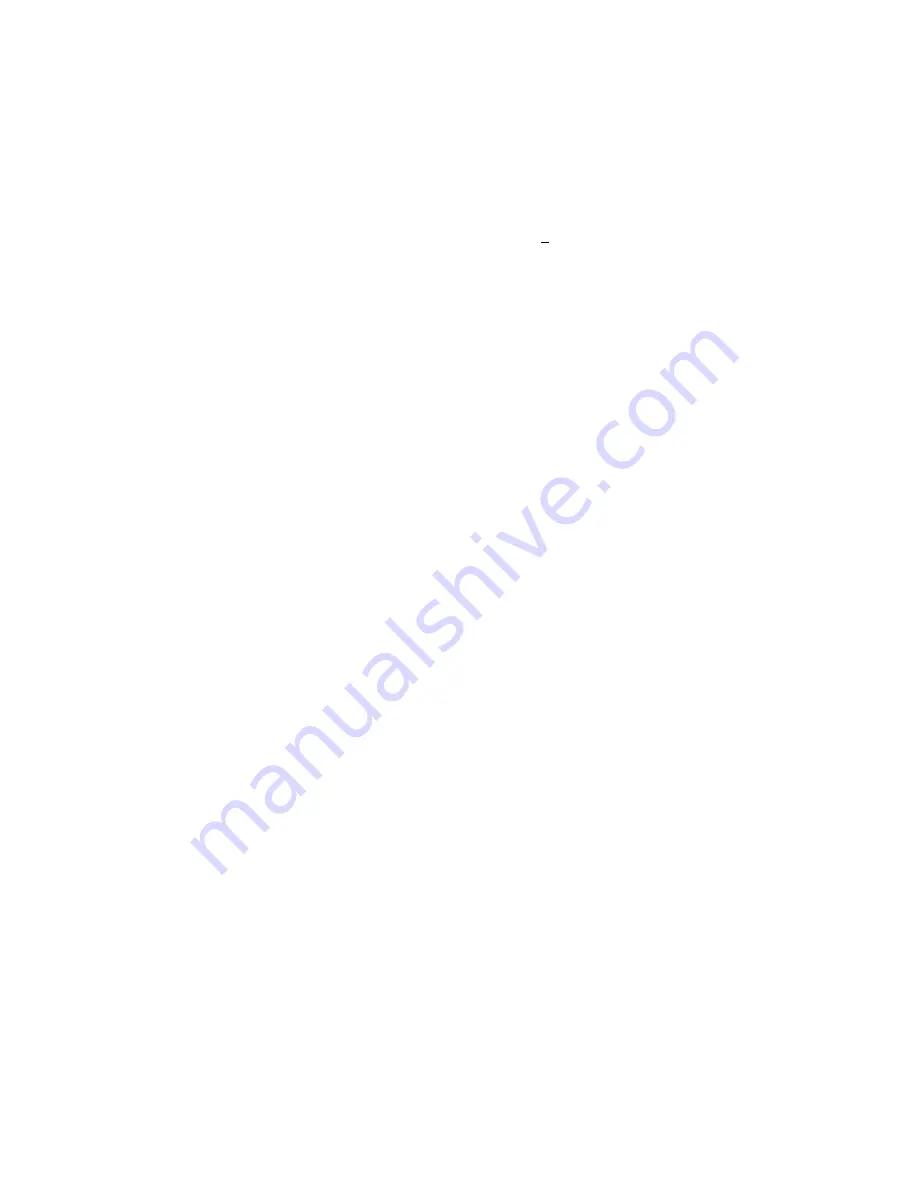
WiseScript Package Editor Reference
136
Creating Custom Dialog Boxes
The Push Button Control Settings dialog box appears.
3. Complete the dialog box:
Label
Enter the name of the push button. To create a keyboard shortcut for the
button, enter an ampersand (&) immediately before a letter. For example, “<
&Back” would display the label “< Back” and set the keyboard shortcut to
Alt+B.
Variable
Specify the name of the script variable that stores the return value of this dialog
box control.
Value
Enter the value that gets assigned to the variable if this button is clicked. This
can be useful in a script when more than one button can dismiss a dialog box
and you need to know which one the end user clicked.
Control Name
Enter the name by which you will refer to this control in the dialog box script.
Leave this blank if you will not manipulate this control with a script.
Action
Select an action for the control:
Return to Previous Dialog
Displays the previously-displayed dialog box in the dialog box set.
(Exception: The Back buttons on wizard dialog boxes do not use this option.
They are controlled by the Wizard Loop script action.) If this is the first
dialog box in the set, it returns to the installation script.
Return to Script
Returns to the installation script, even if this dialog box was called from
another dialog box in the dialog box set.
Display Dialog
Displays the selected dialog box from the current set.
Abort Installation
The end user is asked to confirm that the installation should be aborted.
Display Help Context
If the HELPFILE variable points to a valid copy of a Windows help file, the
specified numeric help context is displayed.
Execute Program
Starts another application or links to a Web page. Click Edit to specify and
configure the application to be started.
See
Specifying Execute Program Settings
on page 139.
Execute Named Event
Passes a named event to the dialog box script. The DLG_EVENT_TYPE
variable is set to the entered text.
See
Creating a Custom Dialog Box Script
on page 144.
X-Position / Y-Position
Specify the exact location of the control on the dialog box. You can also use the
alignment commands to precisely arrange controls on the dialog box.
See
Aligning and Spacing Dialog Box Controls
on page 140.






























